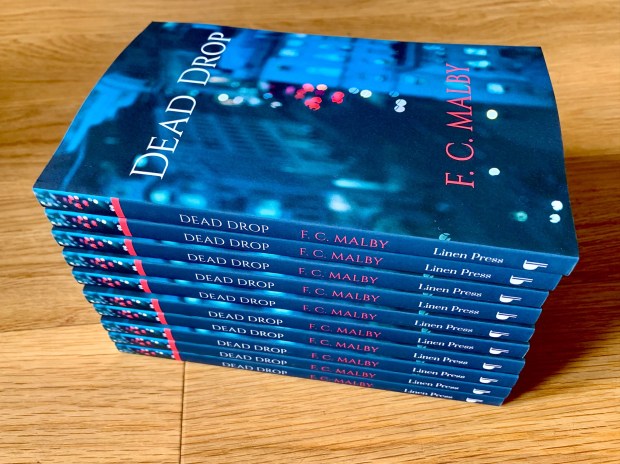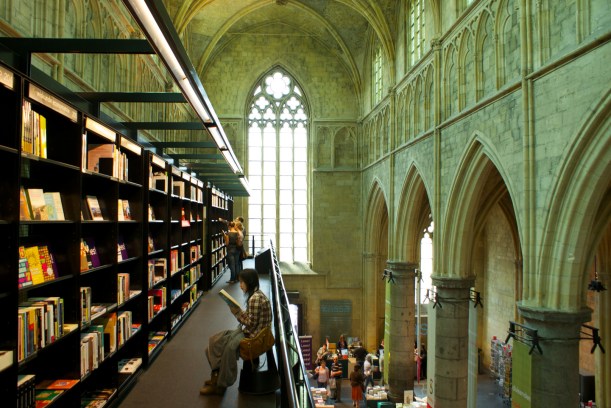
This week I was invited to a book group to discussion about my latest book, Dead Drop, published by Linen Press in October. The Q&A session was interesting with lots of interesting questions from readers. A few people asked whether there would be a sequel. Several people said that they had explored more information about the paintings, or visited Vienna, after reading the book. Many shared that they loved the descriptions of the city, the changing seasons, the cafe culture and details about the art and artists, as well as the history.
Some readers asked how Leisl had managed her conscience while stealing priceless works of art and why she had a moral dilemma as the story unfolded. Others wanted to know about the transfer of art to and from galleries, and about my research and writing processes. Many people are unaware of the sheer volume of priceless art which remains missing from galleries. I discussed global art theft, as well as the Art Loss Register and the FBI Art Crime Team.
I also want to share some wonderful recent reviews from readers:
BARNES AND NOBLE –
Jomaghs
5 stars A descriptive masterpiece
“I usually speed read books and whizz through them in no time at all but this book was different. The descriptions were so detailed and captivating that I needed/wanted to take my time and savour every page. It’s beautiful and intriguing at the same time…Couldn’t put it down.”
AMAZON –
Andrea Barton
5.0 out of 5 stars A nail-biting thriller that makes you think Reviewed in Australia on June 19, 2023
“Dead Drop, by F.C. Malby, is a nail-biting thriller that makes you think. Liesl loves her solitary life as an art thief in Vienna, thriving on bursts of adrenaline from rehoming valuable artwork based on clandestine instructions from her illusive employer. But when one of her contacts ends up dead, she realises that she, too, may be in danger.
Dead Drop demonstrates that even art thieves have morals, and I found myself questioning the ethics of art ownership.”
Shal Buy
5.0 out of 5 stars Highly recommend Reviewed in the United Kingdom on 30 May 2023
“A very enjoyable read, I quickly warmed to the main character, Liesl and her involvement in the main plot. Keen to unfold the mystery, didn’t put the book down until I had finished it!”




You must be logged in to post a comment.